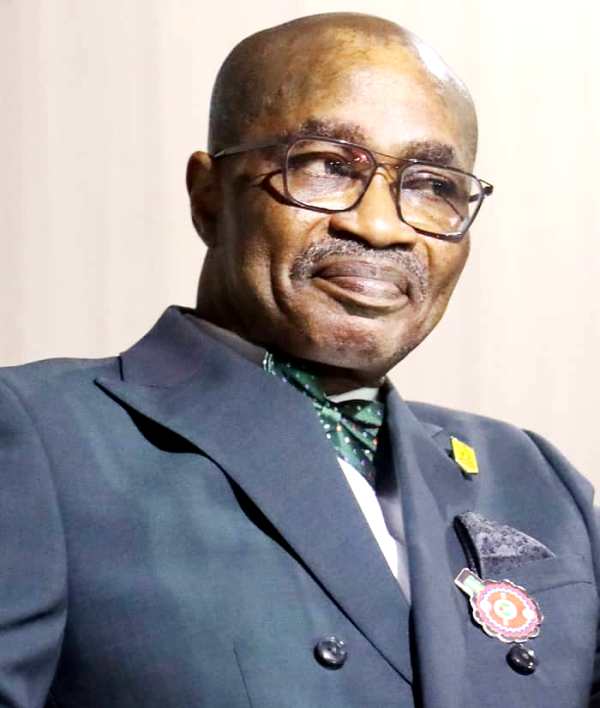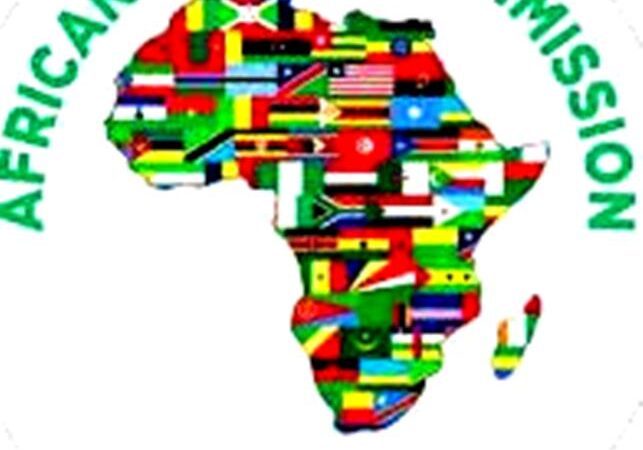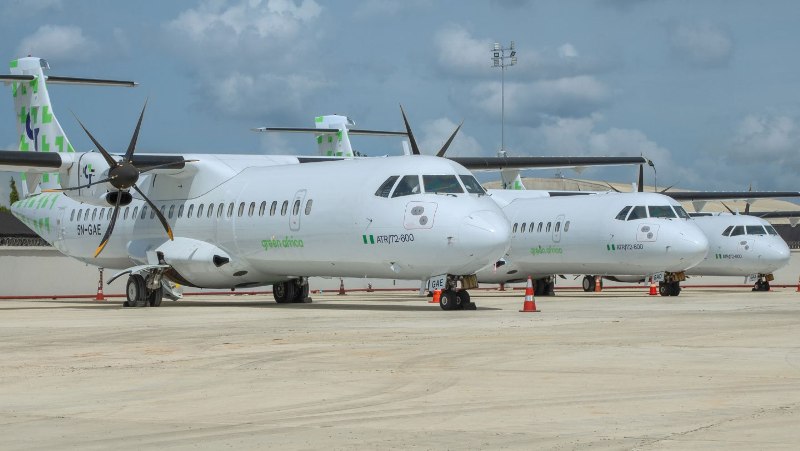ASRTI Highlights Deliberate Policies Required For Nigeria’s Aviation Industry’s Survival

President of Aviation Safety Round Table Initiative (ASRTI), Nigeria’s foremost aviation Non-Governmental Organization popularly known as Aviation Round Table (ART), Air Cdr. Ademola Onitiju (Rtd), has highlighted some deliberate policies that can help the efforts being made by government to rescue Nigeria’s aviation sector from collapse, amidst the country’s economic challenges.
Presenting his welcome speech at the Quarter3 Business Breakfast Meeting of Aviation Safety Round Table Initiative (ASRTI) held at Golfview Hotel, Ikeja Lagos yesterday, under the theme, “Cape Town Convention: The Implications Of The Cape Town Practice Directions On The Fortunes Of Nigerian Airlines And The Economy,” Onitiju commended the efforts of the Minister of Aviation & Aerospace Development, Mr. Festus Keyamo (SAN) but noted that there is much to do to maximize efforts and help the industry to survive.
He said: “The volume of the domestic traveling public for whom we seek to make aircraft available is dwindling due to the high cost of air tickets and reduced purchasing power of Nigerian citizens. The ART has variously recommended that the government had to be deliberate in its policy for rescuing the aviation sector from collapse. We had highlighted the need for the government to emplace policies that create conducive environment for aviation to thrive, remove the shackles and make air travel affordable. To this end, we advocated discriminatory exchange rate for maintenance and related activities including the acquisition of aircraft spares and ground handling equipment to enhance safety and ease of operations.
It is our belief that these and other benefits will reduce operational costs, enhance proficiency and competitiveness. Aviation is a catalyst for the growth of the tourism, hospitality and other sectors of the economy.
ART has suggested that facilities in all airports nationwide be equipped and upgraded to dispatch and receive aircraft at 12 midnight and beyond, to maximize the benefits of air travel and revenue generation. Aircraft are best utilized in the air. We had suggested that there be a single digit lending rate for the aviation sector to enhance its growth and contribution to Nigeria’s Gross Domestic Product . We believe that the establishment of an Aviation Finance Bank could help in actualizing these.
The ART has equally emphasized the need for purposeful coordination between the aviation sector and other government agencies especially the Central Bank of Nigeria (CBN) and the Nigeria Civil Aviation Authority (NCAA) to arrest this existential threat. Aviation fuel takes about 45% of operation cost of the airlines’ expenses. The Federal Government could exempt all local refineries with capacity to produce Jet A1 fuel from taxation related to its production within a given renewable time-frame for the sector to recuperate. The domestic market is the target here. Normal global pricing could apply to foreign airlines that traverse the Nigerian air space and vessels outbound Nigeria. Details of the discriminatory policy could be worked out by the ministries of Finance, Aviation and Petroleum Resources.
In order to safeguard Nigeria’s national interest and economic survival, the Dangote Refinery which enjoys uncommon support from the Nigerian government operates from the Free Trade Zone and other refineries producing Jet Fuel in Nigeria could be incentivised with further concessions and tax exemption of costs related to the production of aviation fuel to enable them sell at less than 400naira per litre to domestic operators only. Empirical evidence has shown that this was feasible. Aviation fuel is neither the costliest or most important of the bye-products in the process for refining crude oil of about seven derivatives. The refineries make more gains and profits from other derivatives like bitumen, wax and greases, Naphtha, diesel, fuel oil, refinery gas among others.
We therefore recommend that the NCAA and other aviation agencies be further strengthened and funded to embrace new aviation technologies including the imminent emergence of drones and electric vertical take- off and landing aircraft deployable for the movement of people and logistics. We also anticipated a domestic Public Service Obligation policy that will make some parts of Nigeria transportable by air.
Efficient cyber security measures to protect aviation from GPS disruption and communication should be accorded the priority it deserves. Challenges associated with climate change, carbon emissions and the application of Artificial Intelligence in the management of aeronautical and navigational services should be addressed within a given time-frame.
Human capital development must be tackled head on. The Nigerian College of Aviation Technology (NCAT) must be granted funds to train more professionals to address the shortages currently being experienced in the sector.
By way of palliatives for the aviation sector, we recommend the suspension of operational charges including aeronautical and navigational for a period of 24 months as part of measures to reduce local air fares and encourage the growth and development of local airlines to make them competitive and profitable. We must protect our airlines from the adverse consequences of Open Skies and African Continental Trade Area (AfCTA) operations. When the local airlines thrive, revenue will accrue to the government and regulatory authorities.
For us at the ART, political will is all that is required to actualize what is being suggested. We dare say that there is an existential threat to the aviation sector in Nigeria as the exchange rate of the naira to other international currencies is in a dire strait. Protectionism in the national interest and survival is permissible in global political economy. President Bola Tinubu and his team must frontally tame the unruly inflation triggered by the stench from the conspiracy of a few in the oil and gas sector whose consequences continually strangulate proceeds from the life blood of Nigeria’s economy. Institutions are the backbone of every society. We must strengthen them and entrench institutional governance through regular practice of accountability, transparency and responsibility.
The ART demands that the Federal Government inaugurates without further delay, the boards of all the aviation agencies to check arbitrariness, unprofessional conduct and unnecessary interference in their activities. Good institutional governance practice will embolden aviation agencies to ethically demand and enforce good corporate governance practice by airlines and allied stakeholders in the aviation sector and Nigeria will be better for it.”
ASRTI is a not-for-profit, non- governmental organization made up of distinguished aviation veterans and seasoned operators in Nigeria’s aviation sector. Corporate and individual membership is open to all aviation and allied business stakeholders.
SEE MORE PHOTOS
PHOTOS From ASRTI 3rd Quarter 2024 Business Breakfast Meeting






